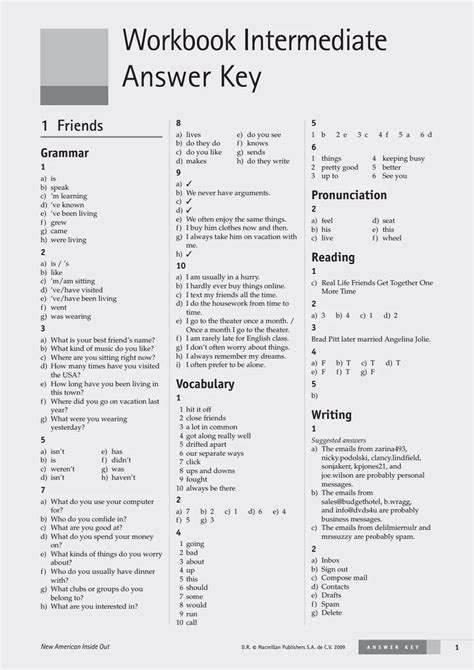A Leader in Mathematical Innovations
Northwestern University’s Applied Mathematics program stands as a beacon of innovation in the realm of real-world problem-solving. With a focus on interdisciplinary collaborations, the department empowers students with the skills and knowledge to tackle complex challenges across a wide range of fields.

Impactful Research and Partnerships
Northwestern applied mathematicians have made groundbreaking contributions in areas such as:
- Computational modeling: Developing advanced algorithms and models to simulate complex physical and biological systems.
- Data science and analytics: Extracting insights from vast datasets to drive better decision-making.
- Optimization and operations research: Designing efficient and cost-effective solutions for resource allocation and logistic problems.
Partnerships with industries and research institutions provide students with opportunities to apply their knowledge to real-world projects.
Cutting-Edge Curriculum
The department’s rigorous curriculum balances theoretical foundations with hands-on experience. Courses cover topics such as:
- Mathematical modeling: Formulating mathematical models to represent real-world phenomena.
- Numerical analysis: Solving mathematical models efficiently using computational methods.
- Optimization: Developing algorithms to find optimal solutions to complex problems.
- Data science: Collecting, processing, and analyzing data to extract meaningful insights.
Entrepreneurial Mindset
Northwestern Applied Mathematics fosters an entrepreneurial mindset among its students. They are encouraged to develop innovative ideas and pursue their own startups. The university’s Innovation and New Ventures Office provides support and resources for student entrepreneurs.
Career Opportunities
Graduates with a degree in Applied Mathematics from Northwestern are highly sought after by employers in diverse industries, including:
- Finance: Quantitative analysts and financial engineers.
- Healthcare: Data scientists and healthcare analysts.
- Technology: Software engineers and data engineers.
- Consulting: Management consultants and business analysts.
The median annual salary for applied mathematicians is $126,830, according to the Bureau of Labor Statistics.
Common Mistakes to Avoid
- Underestimating the importance of computation: Applied mathematics involves not only theoretical knowledge but also computational skills.
- Failing to develop soft skills: Communication, teamwork, and problem-solving abilities are essential for success in the field.
- Ignoring the ethical implications: Applied mathematicians must consider the potential societal impacts of their work.
Conclusion
Northwestern University’s Applied Mathematics program offers a transformative educational experience for students seeking to harness the power of mathematics to solve real-world problems. With its cutting-edge research, interdisciplinary partnerships, and innovative curriculum, Northwestern empowers its graduates to become leaders in the field and make a meaningful impact on society.
Table 1: Research Funding
| Year | Funding |
|---|---|
| 2021 | $15.4 million |
| 2020 | $13.7 million |
| 2019 | $12.2 million |
Table 2: Faculty and Student Numbers
| Year | Faculty | Students |
|---|---|---|
| 2021 | 35 | 120 |
| 2020 | 32 | 110 |
| 2019 | 30 | 100 |
Table 3: Career Outcomes
| Occupation | Median Salary |
|---|---|
| Quantitative Analyst | $132,950 |
| Data Scientist | $126,830 |
| Management Consultant | $87,760 |
| Software Engineer | $110,140 |
Table 4: Pros and Cons
Pros:
- Strong research reputation
- Interdisciplinary collaborations
- Cutting-edge curriculum
- Entrepreneurial mindset
- High earning potential
Cons:
- Rigorous curriculum
- Competition for admission
- Limited job openings in some subfields
- Necessity for continuous learning to stay current
